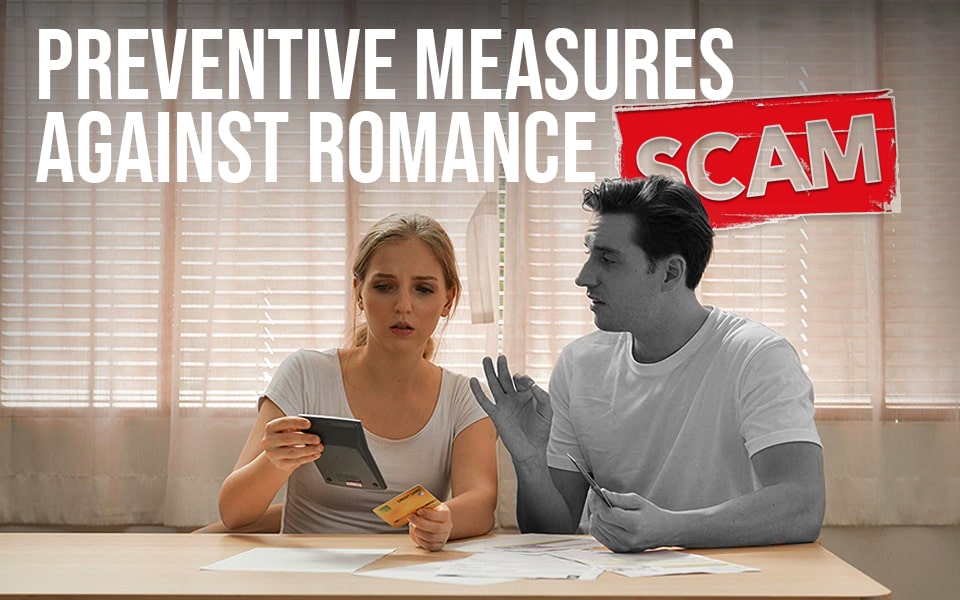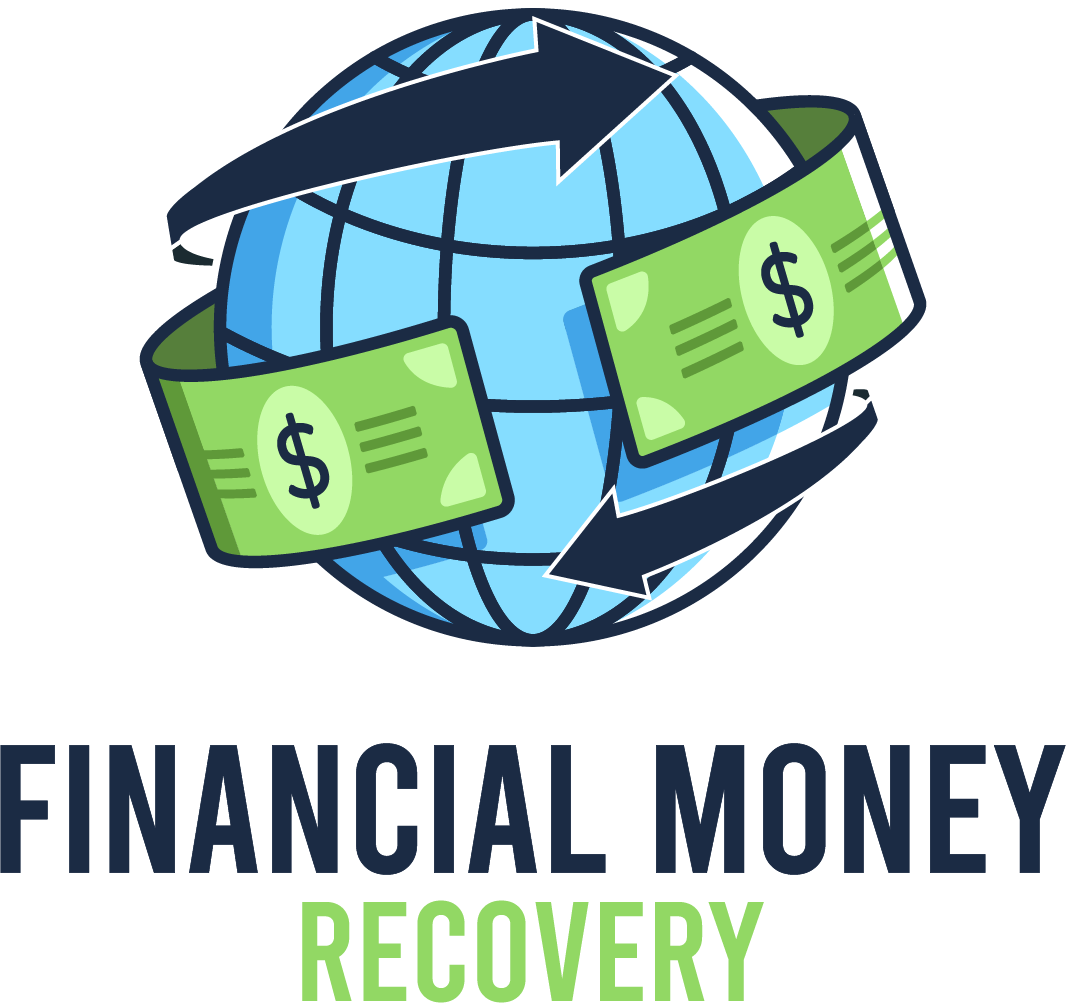



In today’s society, the concept of a sugar daddy has become very popular. Such arrangements involve a financial support dynamic between an older, affluent individual commonly referred to as a sugar daddy, and a younger, attractive person known as a sugar baby.
It is crucial to understand that this world has a darker side, calling for a watchful and careful approach. It is important to recognize that although there are some genuine relationships based on these concepts and built on consent and respect, they are uncommon.
This article looks at the alarming rise in sugar daddy scams, exposing the tricks con artists use and providing important guidance on how to avoid falling for these dishonest ploys.
By understanding the signs of fraudulent activity and adopting preventive measures, people can securely explore dating sites and safeguard their well-being.
A “sugar daddy” is a colloquial term used to describe a wealthy individual, typically older in age, who offers financial support, extravagant gifts, or other material benefits to a typically younger and attractive person known as a “sugar baby.”
This kind of relationship is frequently the result of a mutual agreement or arrangement where the sugar daddy offers financial support or opulent gifts in return for company, intimacy, or other forms of companionship.
While there are genuine sugar daddy relationships based on mutual consent and agreement, there are also individuals who exploit the concept for fraudulent purposes. In order to obtain money or personal information from unwary people, scammers posing as sugar daddies may deceive and manipulate them.
By making false promises to their victims, such as assurances of financial support or the provision of expensive gifts or opulent lifestyles, con artists defraud, loot, and profit from them.
In sugar daddy scams, the con artists practice various tactics to dupe people. Here are some Sugar daddy scams to look out for:
Scammers may request personal financial information, such as bank account details or credit card information, under the pretense of providing financial support.The sensitive information gathered by the fraudster can later be used for a false transaction.
Scammers may ask for upfront payments or fees, promising to provide a larger sum of money in return. However, once the victim sends the money, the scammer disappears without fulfilling their promises.
Scammers may seek personal information from their victims, such as social security numbers or copies of identification documents, under the guise of verifying their identity. All the sensitive information collected by the fraudster is used for identity theft, which can have long term consequences and lead to financial loss.
Some scammers may pose as successful entrepreneurs or investors, offering lucrative investment opportunities to their sugar baby. They may promise high returns on investments but ultimately disappear after the victim has invested their money.
Scammers may create fake profiles and personas to establish emotional connections with their victims. In order to get gifts, money, and other personal favors, the fraudsters must gain their trust and exploit their emotions.
Scammers operating as sugar daddies can utilize various platforms to target and deceive their victims. Some commonly utilized platforms by sugar daddy scammers include:
Traditional dating platforms and mobile applications that cater to relationships, companionship, or sugar daddy/sugar baby arrangements can be used by scammers to target vulnerable individuals seeking such relationships.
Sugar Daddy scams may also occur on Facebook, Instagram too. Scammers sometimes create fake profiles on popular social media platforms. Social media platforms are used by fraudsters to find and target their victims. They establish connections and con people on these platforms.
Dedicated websites specifically designed for sugar daddy arrangements are often exploited by scammers. These websites are highly used by con artists, as the website helps them find good matches.
You must carefully consider and keep an eye out for specific factors to determine whether the person is genuine or not. Following are the points that will help you spot a Sugar daddy scammer:
If you believe you have been scammed by a sugar daddy, take immediate action to protect yourself. Cease communication with the scammer and contact your local law enforcement agency or appropriate authorities to report the incident.
Notify your bank or financial institution if you have provided sensitive financial information or made transactions, and consider seeking the help of fund recovery services if you have lost funds.
Financial Options Recovery not only helps victims with the fund recovery process but also provides guidance to stay ahead of the threats.
Sugar daddies typically pay sugar babies in two ways: pay-per-meet (PPM) arrangements involve a specified amount for each date, usually given in cash or through apps. Alternatively, allowance-based arrangements involve regular financial support, given on a predetermined schedule, either in cash or through electronic transfers.
While sharing your email with a sugar daddy may be necessary for communication, exercise caution and avoid sharing sensitive information. Create a separate email account and be vigilant for suspicious emails to prioritize your safety.
The risks of sugar dating include potential financial exploitation, emotional complexities, and the possibility of falling victim to extortion scams where individuals may threaten to expose personal information or intimate details to extort money or favors.
Contact Financial Options Recovery today to reclaim your funds and put an end to the devastating impact of sugar daddy scams. Take control of your financial future and safeguard yourself from fraudulent schemes.